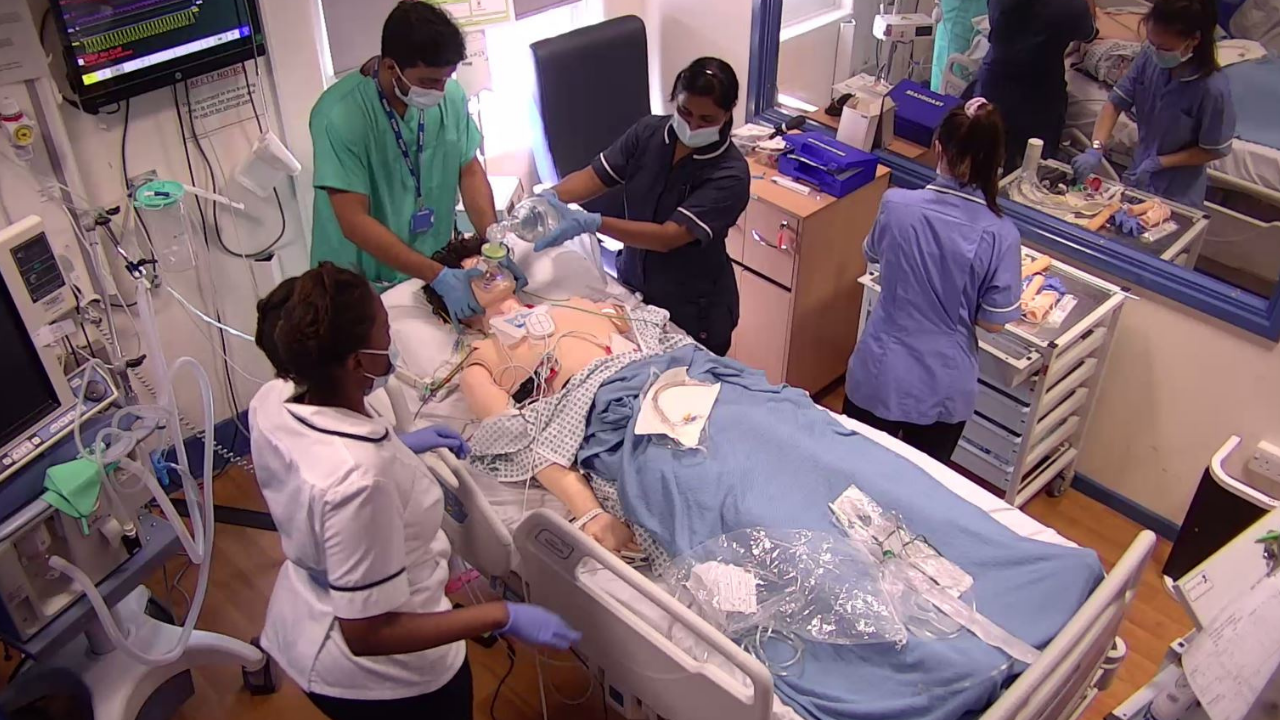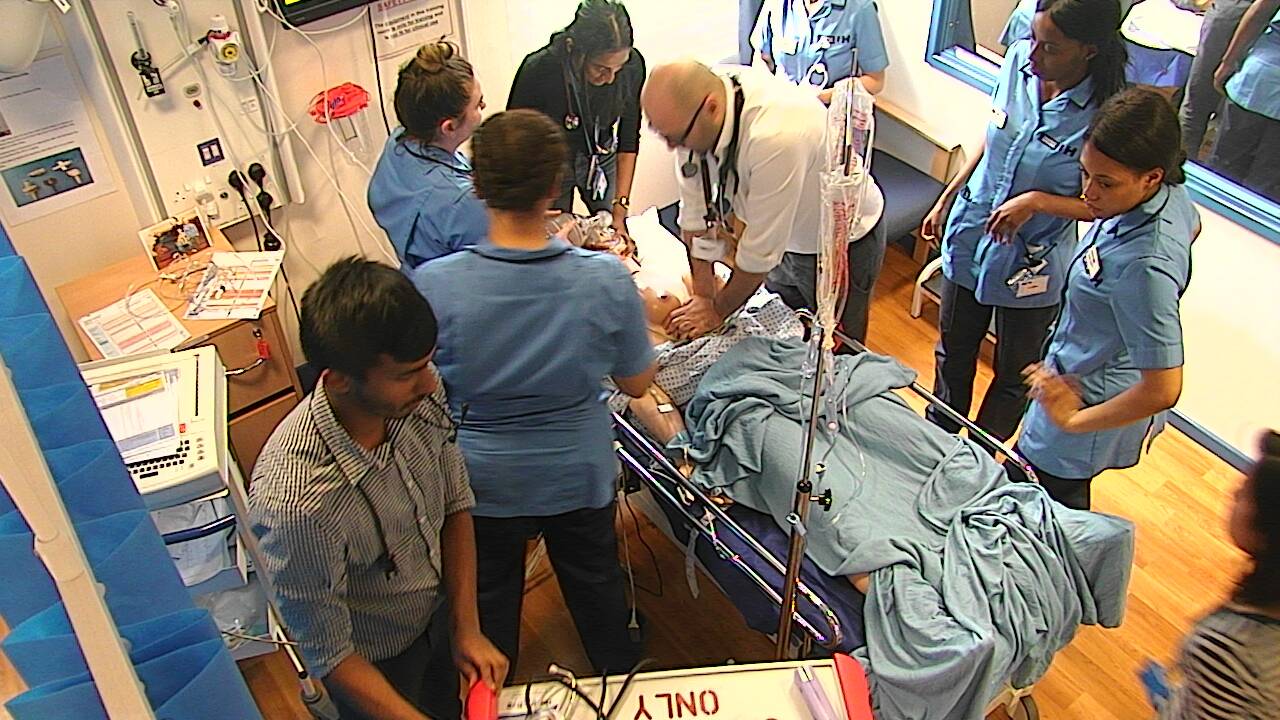About Wiser
2020-21
From August 2020 – July 2021 we facilitated 1.265 people through simulation based activities or programmes run by WiSER faculty. This page will give you a more detailed breakdown of the figures and what groups exactly we saw when delivering simulation based education.
- 44% of the participants were medical (doctors at a Foundation Year grade and above)
- 23% were clinical staff (qualified nurses)
- 5% were medical students (from UCL and SGU)
- 14% were allied health professionals (such as physiotherapists and radiographers)
- 8% were nursing students
- 6% were from maternity
New programmes we introduced during this time period were Remote Simulation, Paediatric Simulation for Middle Grade Doctors and Surgical Simulation.

Feedback:
- “Excellent sim sessions! Best learning I have done!”
- “Very well-run simulation. Good variety of clinical scenarios. Excellent faculty, friendly, non-judgemental, gave very good and useful insights. Once of the best simulations I have ever attended.”
- “Really good and safe environment for my learning.”
- “This is as close as we get to real-life sick patients. This practice of going through ABCDE in a pressured environment is invaluable. Fantastic feedback. Very relaxed environment.”
Of all the evaluations we received we asked participants to rate aspects of the course to ensure we kept our sessions up to standard:
- The introduction to the sessions were rated an average score of 4.8 (out of 5)
- The style of facilitators was rated an average score of 4.9 (out of 5)
- The introduction to the manikin and simulation suite was rated an average score of 4.8 (out of 5)
- Catering, when applicable, was rated an average score of 4.7 (out of 5)
- The venue was rated an average score of 4.8 (out of 5)
During clinical scenarios, we asked participants to complete a pre and post simulation evaluation form to show us how their confidence changed and how they viewed their technical and non-technical skills.

Pre-simulation:
- Participants rated their confidence in managing an acutely ill patient an average of 3.2 (out of 5)
- Participants rated their technical skills an average of 3.4 (out of 5)
- Participants rated their non-technical skills an average of 3.2 (out of 5)
Post-simulation:
- Participants rated their confidence in managing an acutely ill patient an average of 4.1 (out of 5)
- Participants rated their technical skills an average of 4 (out of 5)
- Participants rated their non-technical skills an average of 3.9 (out of 5)
Overall participants felt they improved following a simulation.


